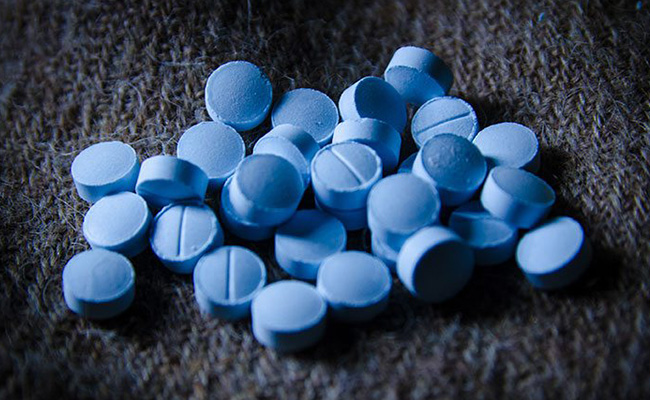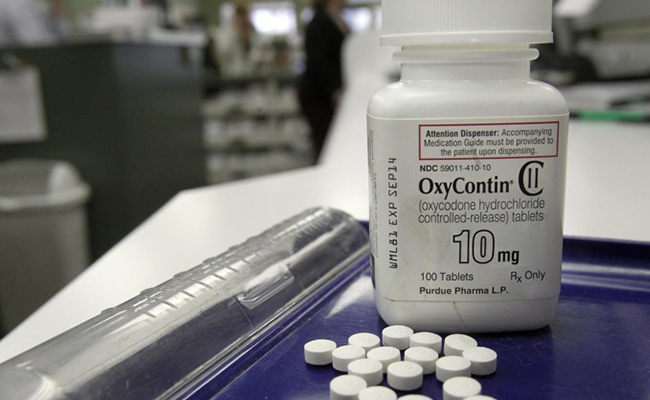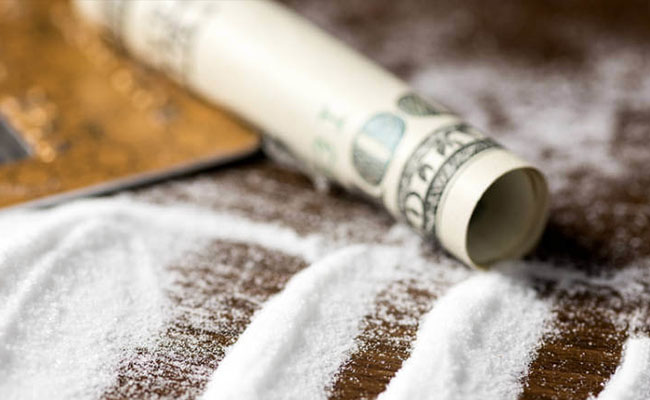Can Vitamins and Minerals Help in Recovery?
What is Recovery
For those actually in recovery from drugs and/or alcohol, no formal definition is necessary. In fact, this life changing choice and the work that has gone into getting clean is testament enough for an addict to define recovery. However, the general public and concerned loved ones may not truly understand what being ‘in recovery’ means. In essence, recovery is a dynamic and complex process that encompasses all the positive mental, social, and physical health for addicts and loved ones when they receive much needed help. This is a process. An addict will never not be an addict. But in recovery, they are no longer using and the quality of life is much improved. There are many different pathways that one takes in recovery and these may change over time. The key is finding what works for you and your lifestyle.
Help in Recovery

Once someone has gone into treatment and is working towards recovery, the true effects of addiction can come to light. While there are numerous social, mental, and physical effects of drug and alcohol abuse, this article will focus on the physical realm. It can be tough to give up something you are addicted to. However, addiction has physical effects on the body that you may not notice until you are in recovery. When facing active addiction, the drug of choice is the main focus. This often means that caring for your body in a healthy way falls to the wayside. You may not eat or choose the wrong foods, choose alcohol over water, and deplete your body’s store of all things good over time.
As part of a healthy recovery, you will need to rebuild these stores and create a healthier lifestyle over all. One way to do this is by adding vitamins and minerals to your diet. Either through healthier eating habits or pills. This not only helps you physically, but being healthier can boost your mood mentally as well.
Vitamins and Minerals
Vitamins and minerals are micronutrients. This means they are needed, but in relatively small amounts. These micronutrients are responsible for growth and development, metabolism, cell functioning, energy conversion, and even disease prevention. As getting clean and remaining in recovery can be taxing on the body, these micronutrients are vital. Drugs and alcohol interfere with the absorption and often consumption of these important micronutrients. This means that those in active addiction could have deficiencies that affect their overall health. There are a few vitamins and minerals that those who are coming out of active addiction may need to get back to good health and possibly be more successful in staying in recovery.
What to Look For
B vitamins, ranging from B1 to B12, are all water soluble. They are not stored in the body and are thus needed daily. Each B vitamin plays a different role, but they contribute to energy production and normal functioning of the nervous system. Alcohol destroys these vitamins and not eating properly means you are probably lacking. Vegetables, whole grains, milk, and meats are a good way to replenish this particular vitamin.
Calcium, magnesium, and zinc are also important to the body. Each is directly and negatively affected by drug and alcohol addiction. In fact, lower levels of these essential nutrients can mimic withdrawal symptoms or make withdrawal symptoms worse. Dairy products, leafy green veggies, and nuts and seeds will help the body, cardiovascular system, and even immune system improve.
Vitamin D is also highly important. This vitamin promotes calcium absorption, bone growth, and neuromuscular functioning. Low levels of vitamin D have also been shown to cause depression for many. This particular nutrient is found in fish, egg yolks, and fortified foods such as yogurt, juice, and some other drinks. This can help increase energy as depression is alleviated while in recovery.
Seek Help
If you find yourself depleted due to withdrawal or general addiction, then the key is a variety of good, healthy foods or supplements. This will not only help your body heal, but help you to move forward as you feel better. A healthy lifestyle and caring for your body is an important aspect of any long term recovery program and you are worth the effort.
CLICK HERE to get a Free Confidential Addiction Rehabilitation Assessment.


















